I’ve experienced pregnancy multiple times, enjoying the luscious hair that often accompanies it. However, this was followed by the inevitable postpartum shedding. I’ve also struggled with thyroid-related hair loss over the years. These experiences led me to explore natural methods to enhance hair growth and health.
Some hair loss after pregnancy is due to hormonal changes and can’t be avoided, yet there are natural techniques to repair and strengthen damaged and thinning hair. Here’s what I’ve learned in my quest for healthier hair.
Getting Healthier Hair
The health of our hair often reflects our body’s internal condition. To improve hair health long-term, it’s crucial to focus on overall well-being, including eating a balanced diet and managing stress.
An interesting thought: could these techniques also boost hair growth in the womb? All my children were born with lots of hair, especially my daughter. The image above shows her beautiful, thick, curly hair at three years old. She was born with nearly two inches of hair.
These natural methods have additional health benefits for the body, making them worth trying.
1. Consume Adequate Protein
Protein is vital for hair growth. Many people do not consume enough, yet it provides the essential building blocks for hair. Complete proteins found in meats and fish are especially good for fostering hair development. Meat also often contains iron, another critical nutrient for hair vitality.
Foods such as meats, fish, eggs, and bone broths are excellent for enhancing hair growth. These foods also contain essential fatty acids that support hormone balance and a healthy scalp.
2. Get the Right Vitamins
Certain vitamins are key to supporting hair growth, particularly vitamin C and biotin. Vitamin C aids in collagen production, crucial for healthy hair and skin, and assists in iron absorption, supporting hair development while boosting immunity. As our bodies can’t produce vitamin C, we must ingest it through our diet or supplements. Citrus fruits, broccoli, bell peppers, and spinach are rich sources.
Biotin and other B vitamins can facilitate quicker and stronger hair growth and can benefit skin health. Biotin is a water-soluble B vitamin necessary for metabolizing fats and sugars. Foods like eggs, nuts, berries, fish, and some vegetables contain small amounts of biotin. Supplements may help increase levels when needed.
Other nutrients affect conditions like alopecia, hair fragility, and early graying. Zinc deficiency is linked to hair loss while studies suggest premature gray hair might result from deficiencies in calcium, ferritin, and vitamin D3. Insufficient selenium, B12, and folate can also be factors.
Eating nutrient-rich foods and getting healthy sun exposure (without sunscreen!) are essential for optimal hair appearance.
3. Increase Gelatin Intake
I’ve previously highlighted gelatin’s numerous benefits, including its positive effects on hair, skin, and nails. I consume it daily in some form, whether through bone broth or gelatin powder. Here’s an excerpt from an earlier discussion:
"Gelatin is mostly made up of the amino acids glycine and proline, which are not abundant in many diets as they’re found in animal bones, fibrous tissues, and organs—parts we don’t consume as much anymore. These amino acids are vital for healthy skin, hair, nail growth, optimal immune function, and weight regulation."
Glycine, which constitutes around a third of the amino acids in gelatin powder, is anti-inflammatory. It’s known to accelerate wound healing. Here are some ways I like to incorporate gelatin into my diet.
4. Balance Your Hormones
Hormonal balance and gut bacteria have a greater impact on health than most realize. Even with a perfect diet and supplementation, a hormonal imbalance can undermine health. Some research even shows specific hormone interactions can aid in healing brain trauma.
Hormones often significantly influence hair loss and poor growth. Hormone imbalances have various possible causes and are the reason behind post-pregnancy hair loss. While working to balance hormones, there are measures we can take to enhance hair (here are my best tips for naturally balancing hormones).
Stress and insufficient sleep are major culprits in hormone imbalances, which can also lead to dandruff. Dermatologist Dr. Robinson notes that high-stress levels increase cortisol, prompting inflammation and oily buildup on the scalp, eventually causing dandruff.
5. Choose the Right Products
Although internal factors primarily affect hair quality and growth, external treatments can bolster existing hair and avert damage. I’ve experimented with numerous DIY hair therapies, from castor oil to gelatin, many of which I enjoy! I’ve shared some of my favorites previously.
Proceeding with caution, things like hair bleaching and using conventional dyes at salons may be detrimental to hair and scalp health due to toxins in typical hair care products. But even natural products have their issues.
While conventional shampoos can have problematic chemicals linked to health issues, natural ones often don’t maintain the scalp’s pH balance and may strip away beneficial oils. This realization led me to develop my own range of hair care products. They’re suitable for various hair types, like curly or dry hair.
As an alternative, a natural clay-based shampoo might work well. I’ve tested such products and experienced satisfactory results. They don’t lather like typical shampoos but clean effectively, nourish my scalp, and maintain a balanced pH.
6. Minimize Styling Damage
Eating well and using healthy shampoo only goes so far if your hair care routine is damaging. Tight hairstyles can harm hair follicles, increasing hair loss risk. Blow drying wet hair at high temperatures or using heated styling tools cause hair damage and split ends.
Excessive heat tool usage can lead to dryness and breakages in hair. Reduce the risk by selecting lower heat settings and limiting the use of curlers, flat irons, and hair dryers. Opt for heatless curls for volume without damaging heat.
Reaching for leave-in conditioners to manage tangles? A silk pillowcase or hair bonnet can prevent frizz and tangling while you sleep.
Experimentation will help determine what works best for you.
How do you maintain healthy hair? Share your advice in the comments below!



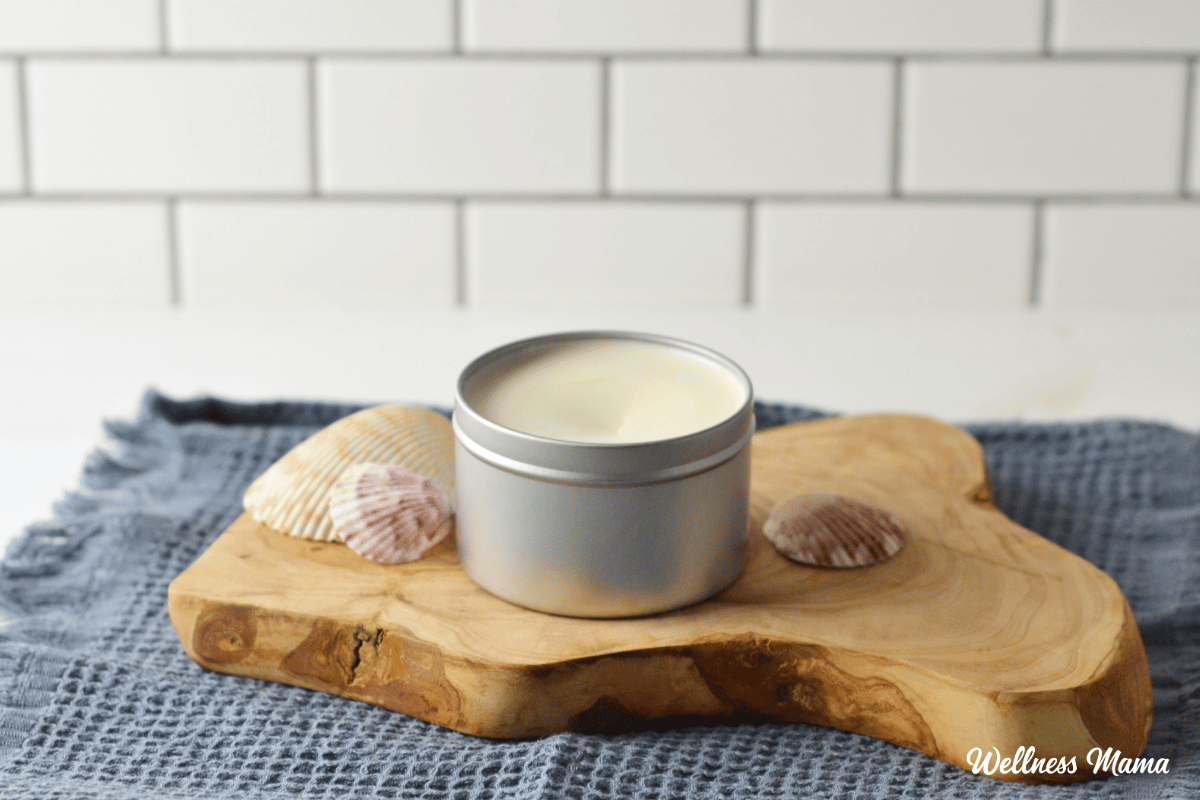
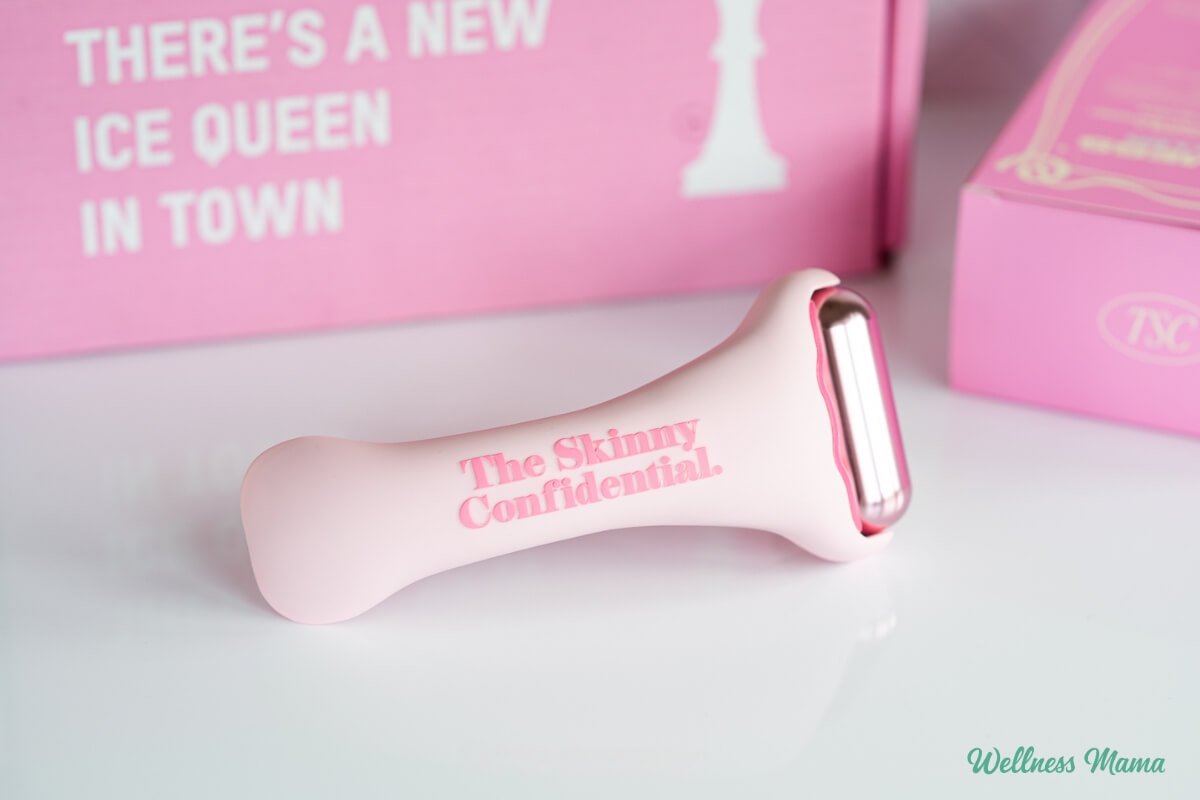
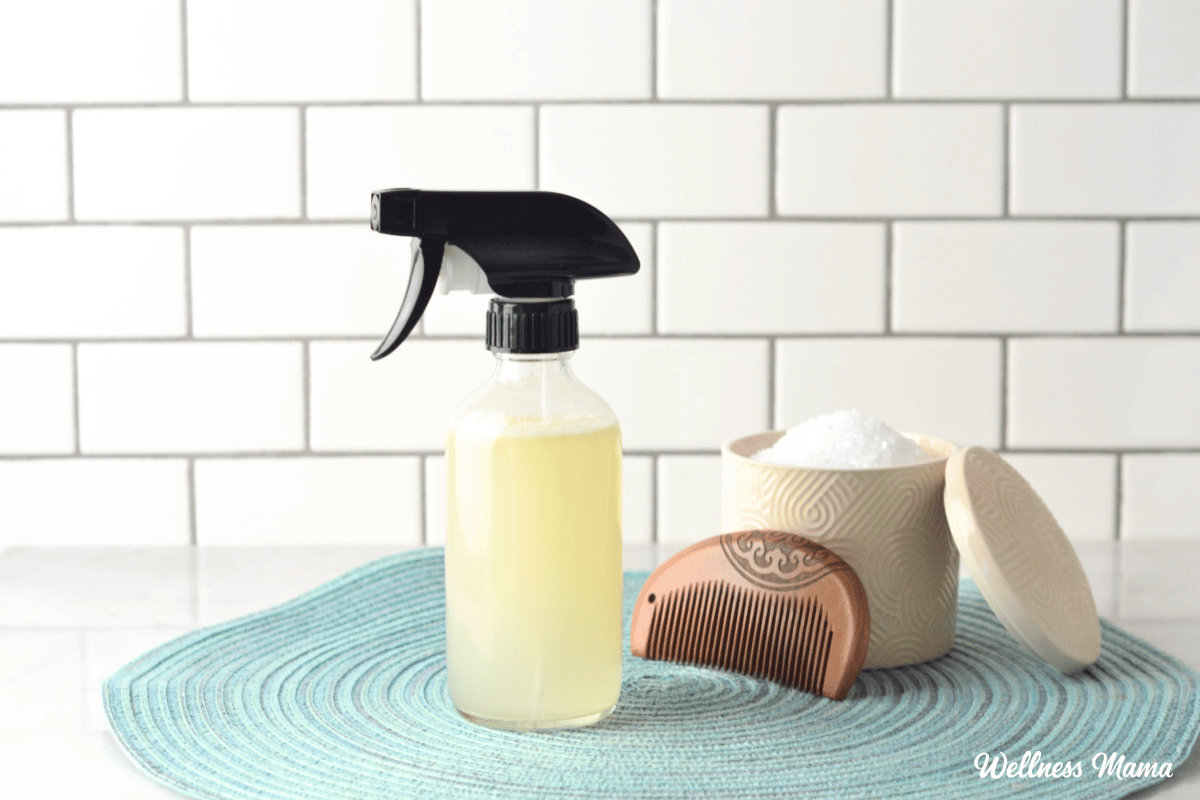
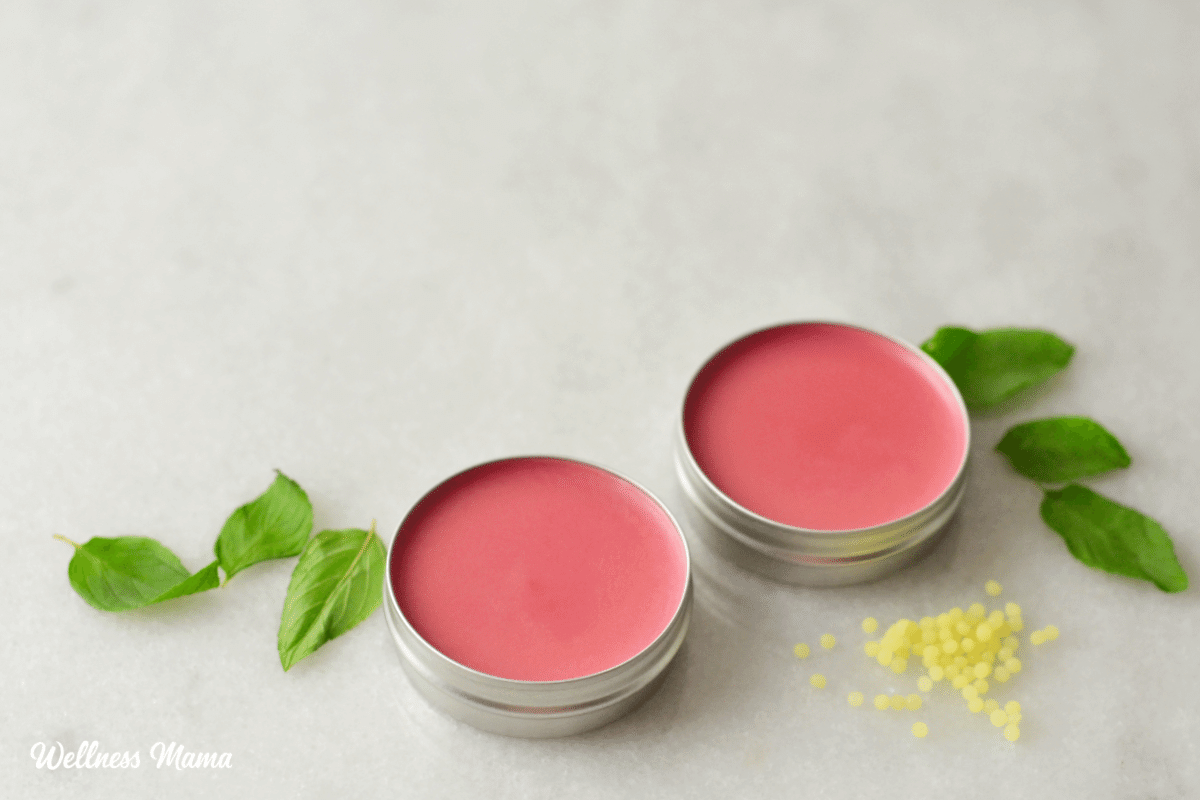
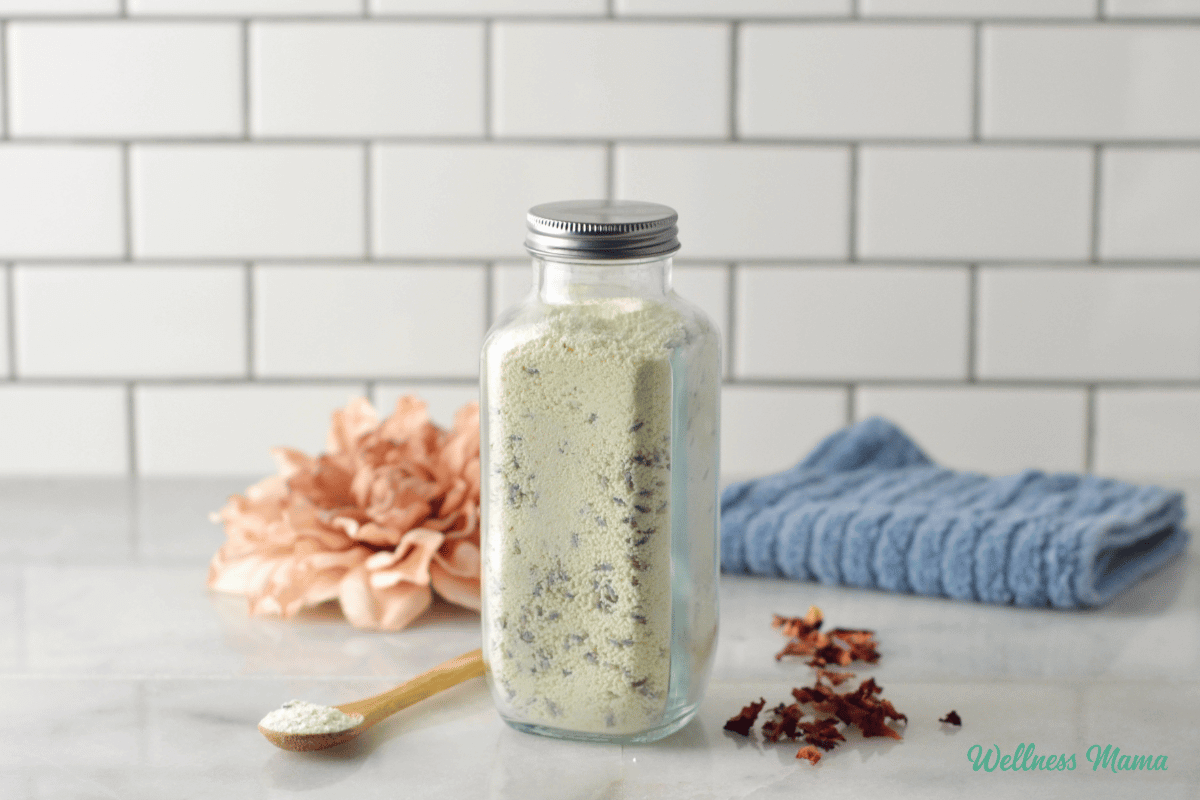

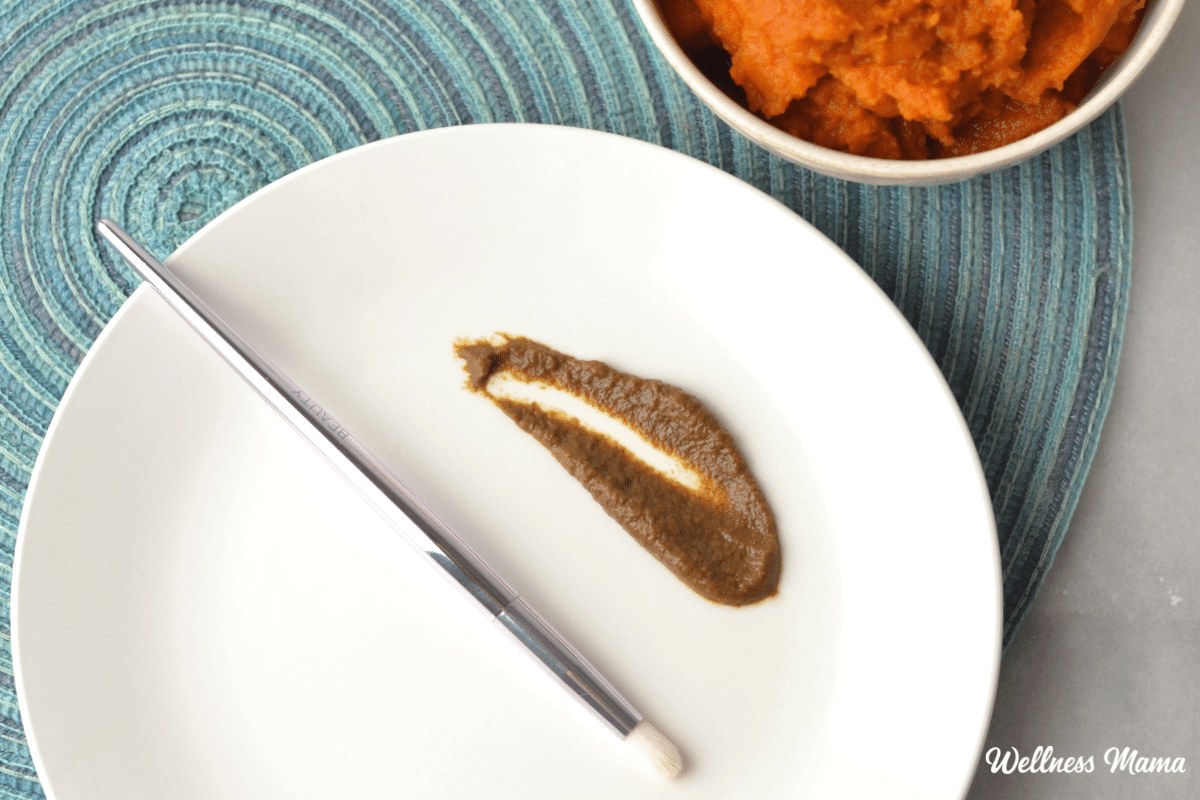


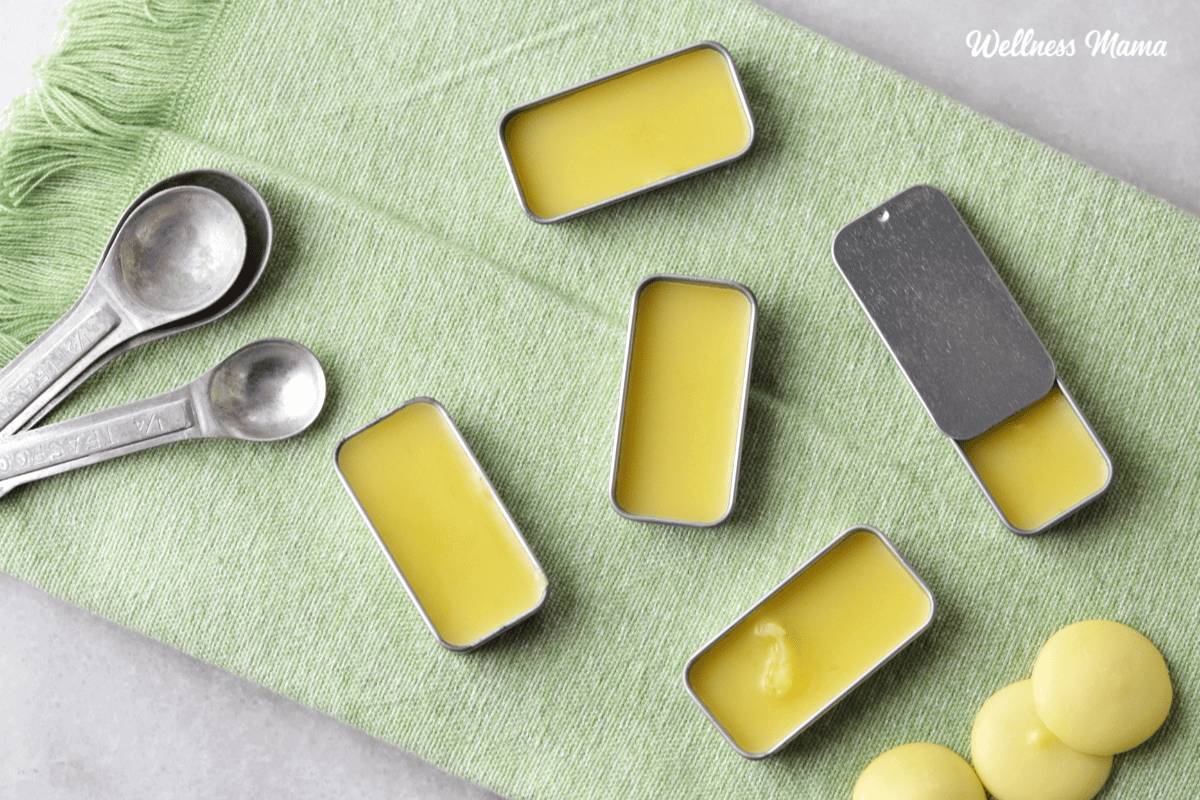

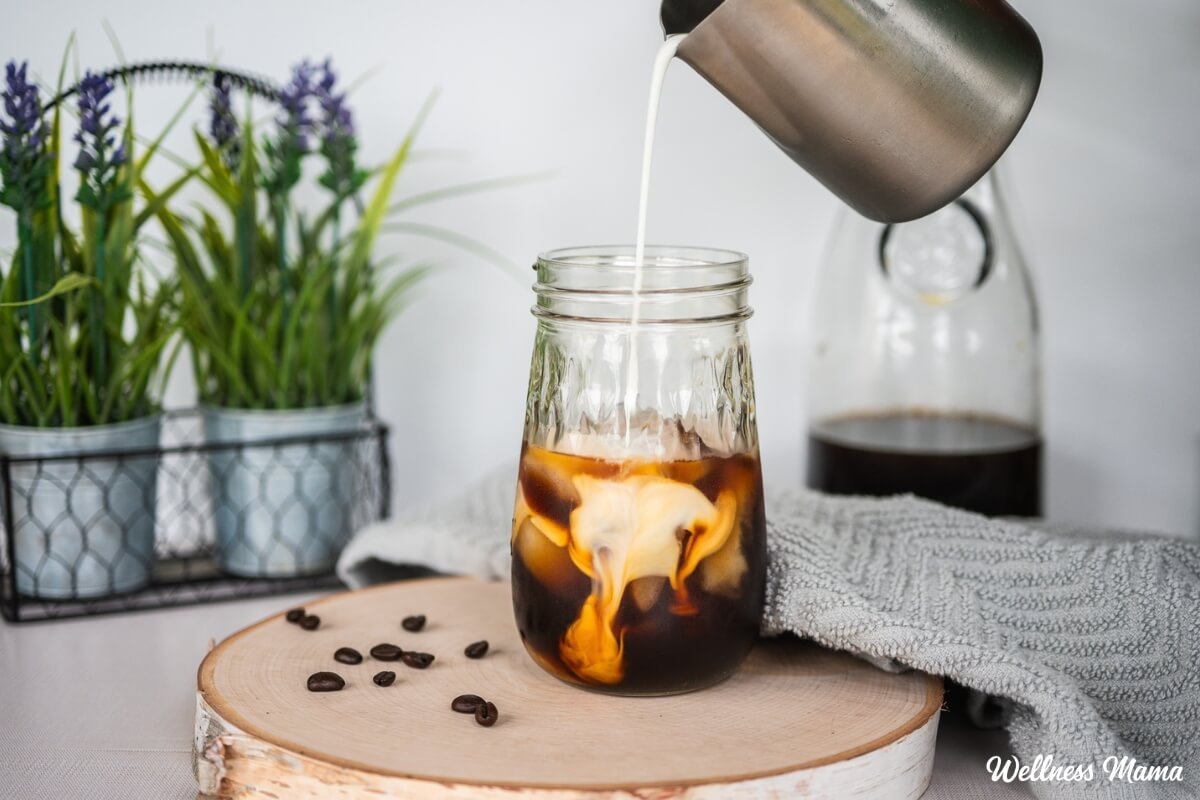
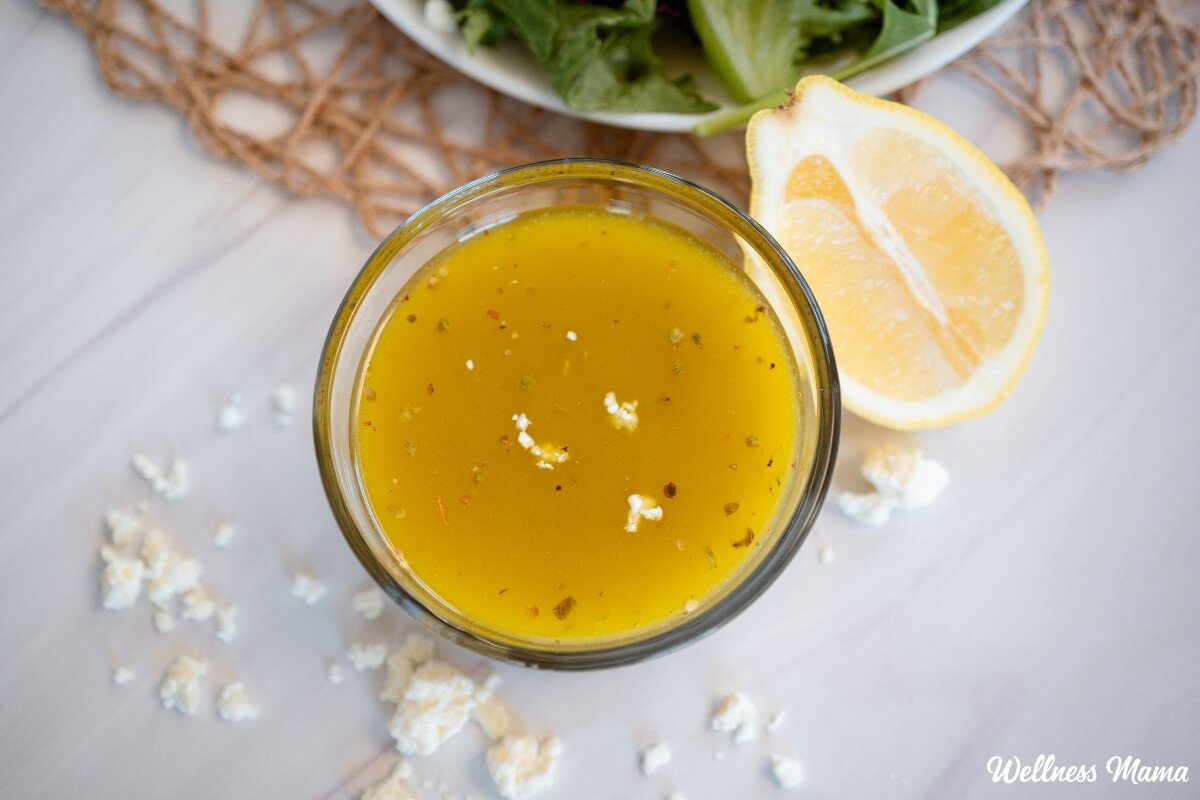
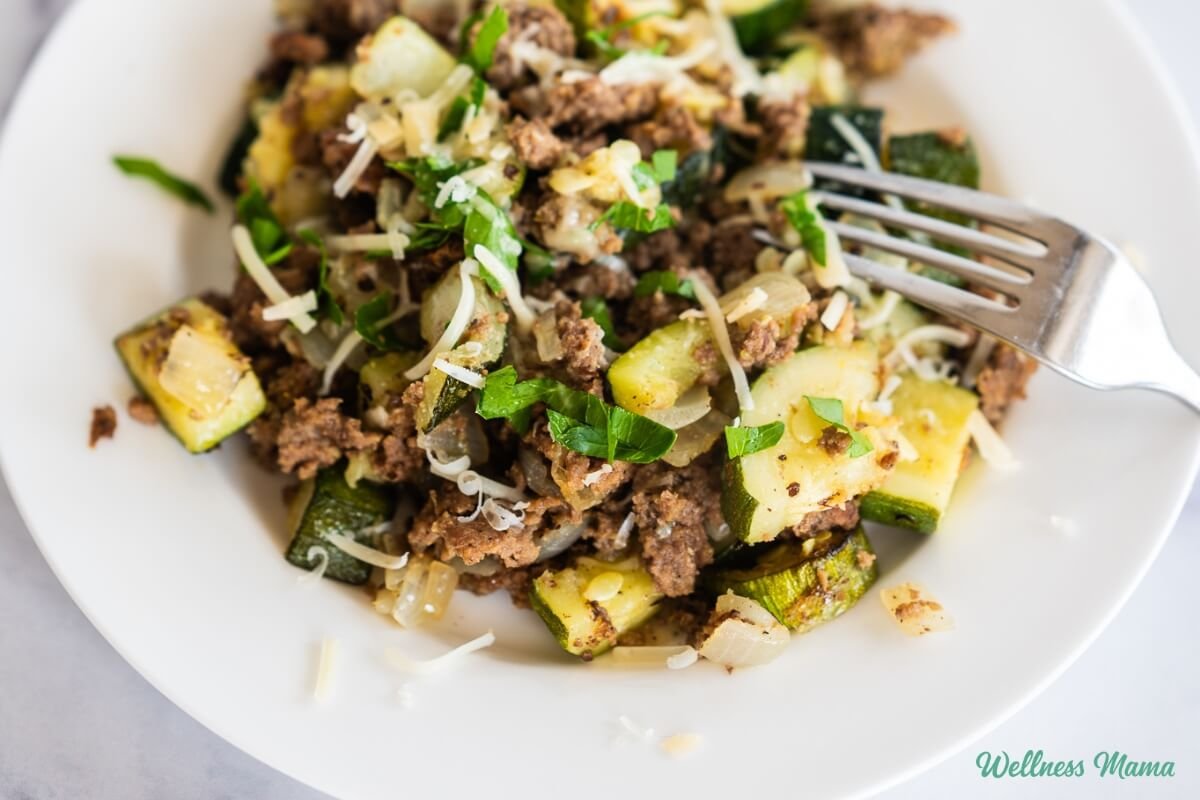
Leave a Reply